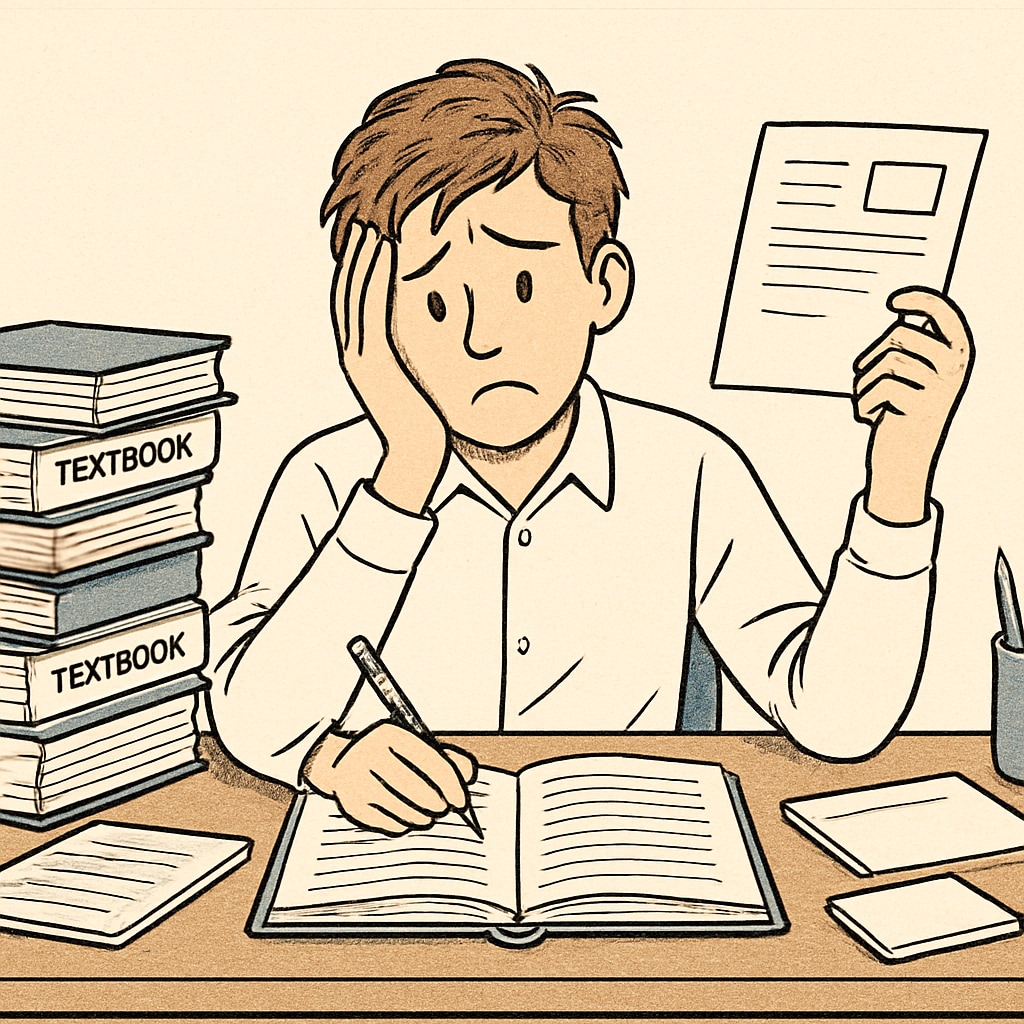For many families, the decision of whether high school students should work is a challenging one. The topic of “high school students working, balancing academics and parental concerns” often sparks debates about its potential benefits and drawbacks. While some parents view part-time jobs as a valuable opportunity for their children to gain real-world experience, others worry about the impact on academic performance and long-term goals. This article examines both sides of the argument and offers actionable advice to help parents make informed decisions.
The Benefits of High School Students Working
Working during high school can offer students a variety of advantages. For example, it helps young people develop essential life skills such as time management, communication, and responsibility. Additionally, earning money fosters financial independence and teaches budgeting skills, which are invaluable as they transition into adulthood. According to Britannica, early exposure to structured environments like workplaces can encourage maturity and resilience.
In addition to personal growth, working part-time can help students explore potential career interests. A job in retail, hospitality, or even tutoring might spark an interest in fields they hadn’t previously considered. These experiences can also strengthen college applications, as admissions committees often value extracurricular activities that demonstrate initiative and responsibility.

The Challenges of Balancing Work and Academics
Despite the benefits, working during high school can also pose challenges, particularly when it comes to maintaining academic performance. Students who work long hours may struggle to complete homework or prepare for exams, leading to stress and fatigue. According to Wikipedia, students who overcommit to part-time jobs may experience a decline in engagement with school activities.
Furthermore, excessive work responsibilities can limit time for extracurricular involvement, socializing, and relaxation—key components of a balanced high school experience. Parents must carefully monitor how work commitments affect their child’s overall well-being and determine whether the job’s benefits outweigh potential drawbacks.

Practical Tips for Parents Navigating the Decision
When deciding whether their high school student should work, parents should consider the following tips to ensure a healthy balance between academics and employment:
- Set boundaries: Limit work hours to no more than 10-15 hours per week to avoid overwhelming your child.
- Prioritize academics: Make sure schoolwork is completed before work shifts are scheduled.
- Encourage communication: Maintain open dialogue with your child about their workload and stress levels.
- Choose meaningful jobs: Help your child find work opportunities aligned with their interests or career goals.
- Monitor progress: Regularly assess how the job is impacting their grades, mental health, and overall happiness.
By setting realistic expectations and fostering open communication, parents can help their children balance the demands of work and school while still reaping the rewards of part-time employment.
Striking the Right Balance for Long-Term Success
Ultimately, whether a high school student should work depends on their individual circumstances, including academic commitments, personal interests, and future goals. Parents must weigh the pros and cons carefully and tailor their approach to their child’s needs. While part-time jobs can offer significant benefits, they should never come at the expense of academic success or personal well-being.
As a result, families must work together to create a plan that ensures students gain valuable social experience without compromising their educational achievements. With thoughtful planning and clear communication, the decision to work during high school can become a stepping stone toward a brighter future.


